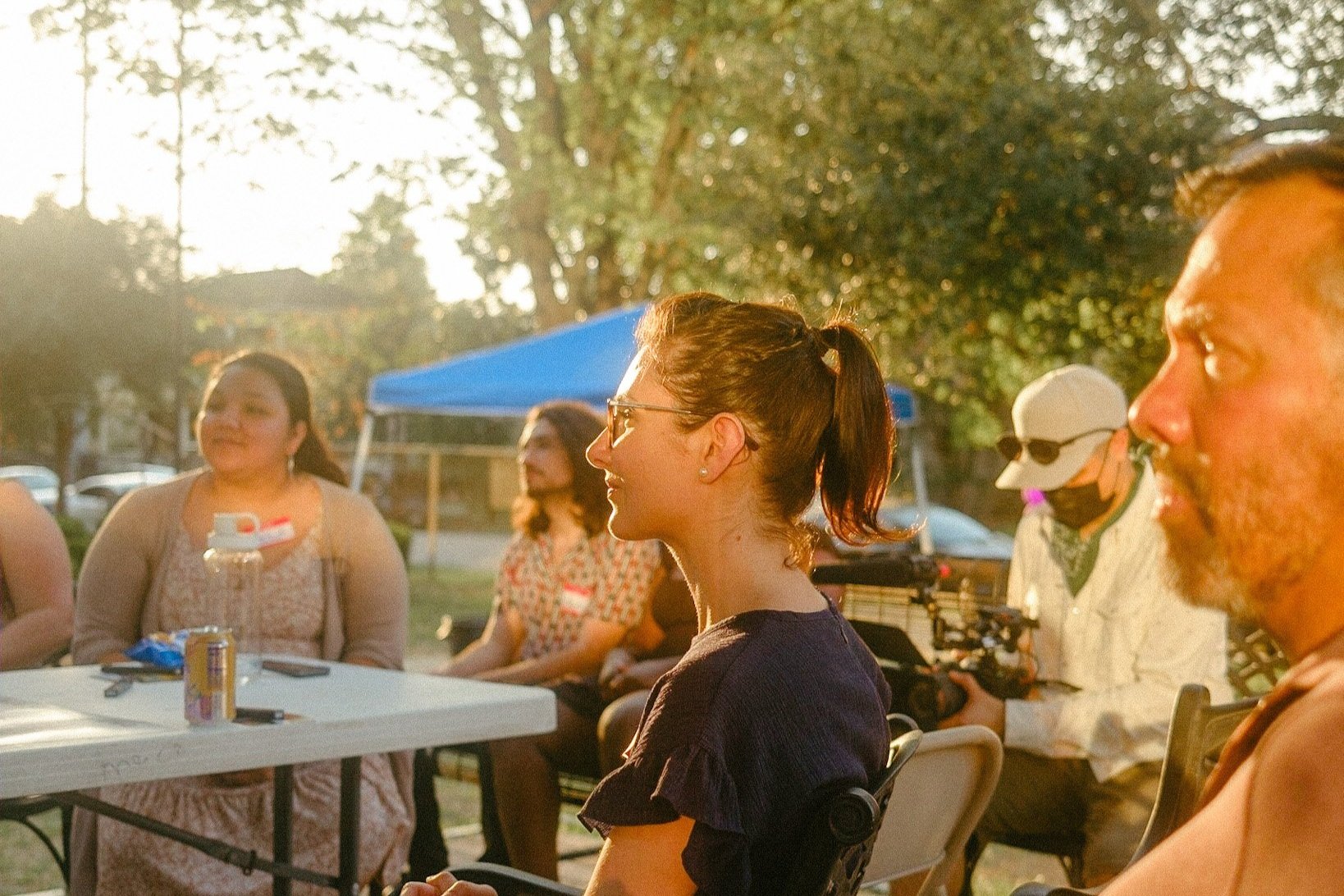
Campaign Planning
When planning a campaign, start with:
Identifying your community/audience
Asking who has power/influence over decision makers
Asking who your community leaders and advocates are. Are you already connected?
Asking if your audience have lived experience of your campaign’s policies/platform
Assessing if you have a clear understanding of your audience’s data/stories - what are the common threads and recurring themes?
You should know what changes your community wants and fight for those changes, not necessarily what you think is best – remember, “nothing about us without us!”
You should also be honest about your level of understanding around the relevant policy/systems with your campaign. Ask:
What are the existing laws and policies affecting this campaign?
Who are the elected officials that have the power to affect policy relevant to this campaign?
What statistical data is available that’s relevant to this campaign?
What research has been done around the connection of policy to the lived experiences of your community?
What is your community’s level of understanding around the laws, policies, elected officials, and data that affect their lives?
Which types of communication and tools twill help achieve the campaign goals?
Then, consider if your community have strong leaders that are comfortable:
Storytelling
Collaborating with media/news
Developing new leaders
Recruiting new leaders/volunteers to build your base
Pressuring decision makers/the public
Reframing issues
Framing the issue and narrative in a way that are beneficial to your campaign
Lean on leaders’ existing strengths and stories
For example, if you have a leader that’s confident with public speaking and collaborating with the media, you may designate them as your campaign spokesperson. They can also train other volunteers on how to engage effectively with news outlets.
Another example is if you have a leader that loves talking to people and makes folks feel warm and welcomed, they might be a good person to designate as a volunteer recruiter. They can also train other volunteers informed by their expertise and experiences.
We also want to ensure that the campaign isn’t siloed, so ask:
Are there other organizations, institutions, and/or movements that could affect your campaign, either negatively or positively?
What is the contrasting narrative, and what are their tactics?
Who are the people/organizations who are doing similar work to you? Could you collaborate with them to expand your capacity and build your base further?
What tools/skills could support your campaign that you don’t have? How can you access those resources?
Ask your volunteers if they have connections to any people/organizations who may have capacity to support you
Utilize free online resources
Continually research policies
Start a social media account/campaign aligning with your vision and goals
Search for funding and grants online and through colleagues or similar organizations
Now, you might be ready to start the campaign!
Your timeline and/or strategy may vary, but an Escalation of Tactics may look like:
Internally (Your team/volunteers/leaders)
Research/plan/prepare
Solidify your communications strategy
Write letters to elected officials
Set up meetings & meet with elected officials
Intentionally post about the campaign on social media (including a Call to Action)
Identifying the “Decision Maker Champion” (who is the person with the most power to meet your campaign’s demands?)
Exert pressure on the decision makers
Continue advocacy throughout the campaign, centering your community
Rally together!
Negotiate with stakeholders
Externally (Public facing)
Research/plan/prepare
Conduct 1:1 meetings with community leaders to learn about their stories, what they’d like to change, what are their strengths, and if they have any suggestions for strategy
Confirm goals and strategy
Create petitions and Call to Actions for the community
Write op-eds, talk to media about your campaign, always centering your community
Host a candid questionnaire or survey to gather data that could be beneficial to your campaign
Set up meetings & meet with elected officials
Rally together!
Hold public comments, town halls, and/or forums – speak publicly about the campaign
Connect with media and/or hold a press conference about your campaign
Take direct action, such as hosting a demonstration or protest
